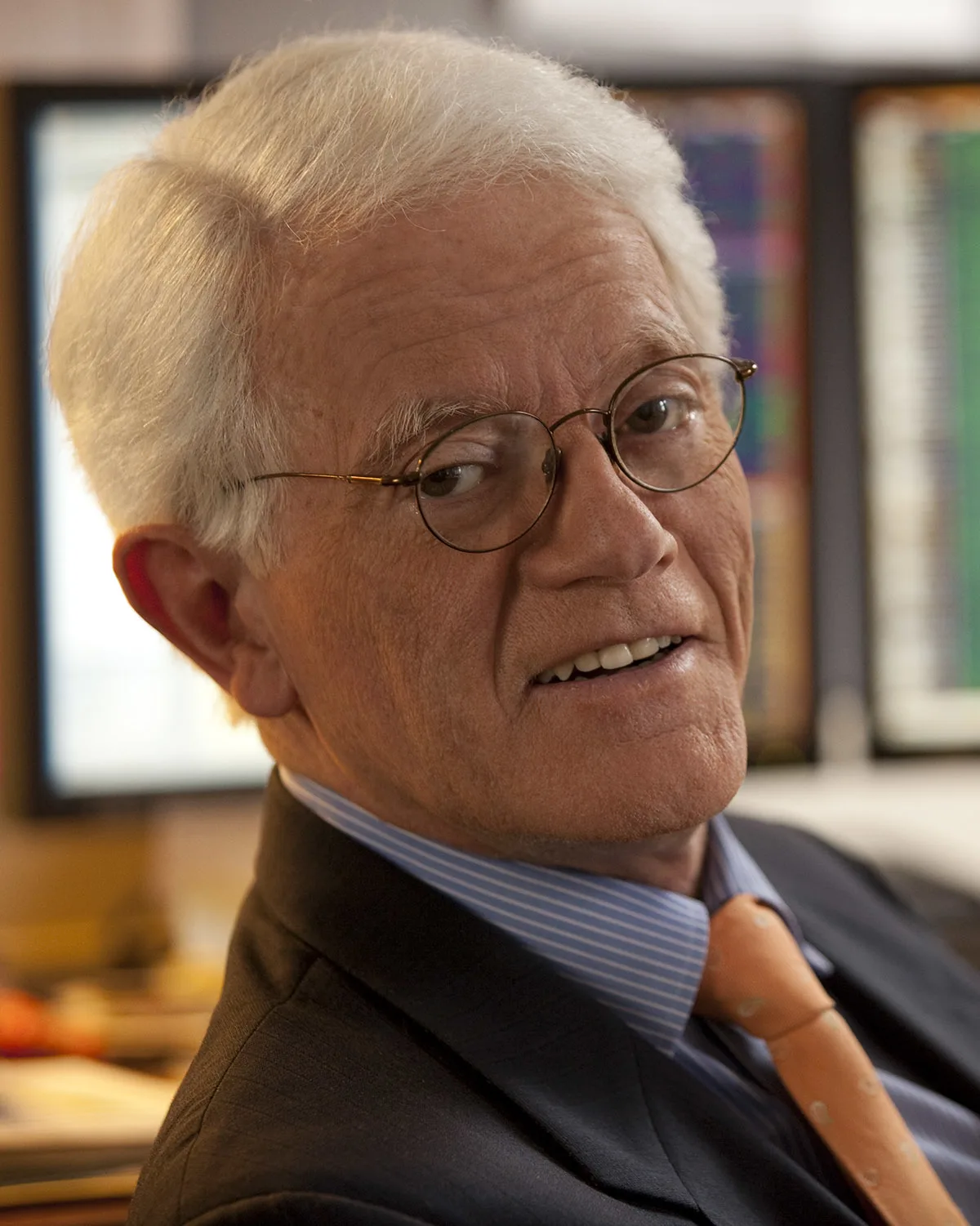Legendary Fidelity Magellan Fund manager Peter Lynch, 81, reiterates his timeless investing advice, emphasizing deep business understanding over market timing. Recent studies show his strategy continues to outperform the market.

October 3, 2025
:max_bytes(150000):strip_icc()/peterlynch.asp-ADD-V1-728a9da54c314d4a9ce22f1b9980faaf.jpg)
Source:
Investopedia
Lynch Reinforces Core Investment Beliefs
Peter Lynch, the celebrated former manager of Fidelity’s Magellan Fund, is once again stressing his foundational investment principle: “know what you are investing in.” At 81, the current vice chairman at Fidelity asserts that the keys to investment success have not significantly changed over the decades.
Lynch's philosophy is a call for deep fundamental analysis of individual businesses, moving the focus away from broad market predictions or attempts at timing economic shifts.
Key Principles of the Lynch Method
His approach is built on a few core tenets that prioritize clarity and research:
Invest in What You Know: Only own a stock if you understand the company’s business model, products, and competitive landscape.
Explain Your Thesis: An investor should be able to explain, in simple terms, why they own a particular stock in under one minute.
Focus on Fundamentals: Analyze a company’s financial health, including its debt, cash flow, and growth prospects, rather than market trends.
Case-by-Case Research: Avoid rigid portfolio rules and instead conduct thorough, independent research on each potential holding.
Keep up with the story. Subscribe to the PR+ free daily newsletter

Source:
CRED
Strategy Continues to Show Market Outperformance
The enduring relevance of Lynch’s philosophy is not just theoretical. Recent quantitative studies confirm its effectiveness in modern markets.
A backtest of a Lynch-inspired strategy in the Taiwan market from January 2018 to April 2025 demonstrated significant outperformance.
Quantitative Backtest Results
Annualized Return: 15.5% for the Lynch strategy, compared to 13.6% for the broader market.
Cumulative Return: A striking 176.7%, far outpacing the market’s 146% return over the same period.
While the strategy showed slightly higher volatility, it also delivered improved long-term resilience and faster drawdown recovery, reinforcing the value of its disciplined, fundamentals-based screening criteria.
Read More

Source:
Yahoo Finance
Share this news:




















